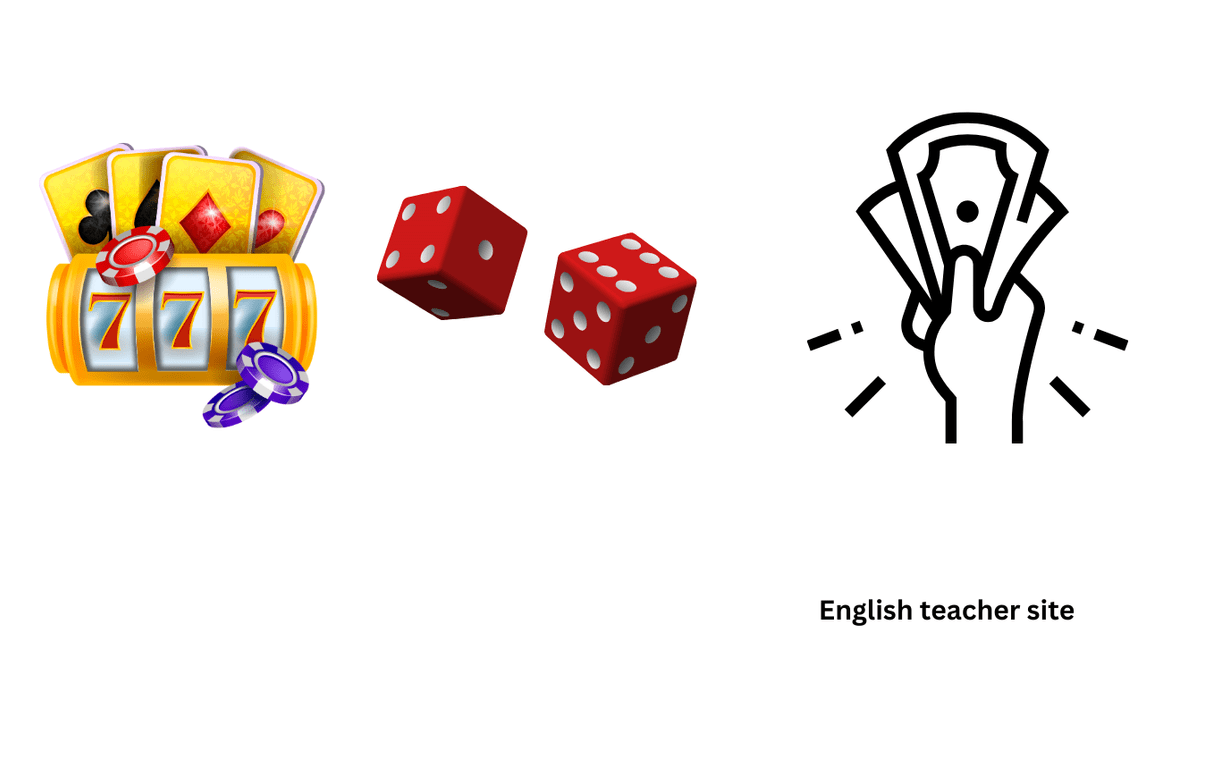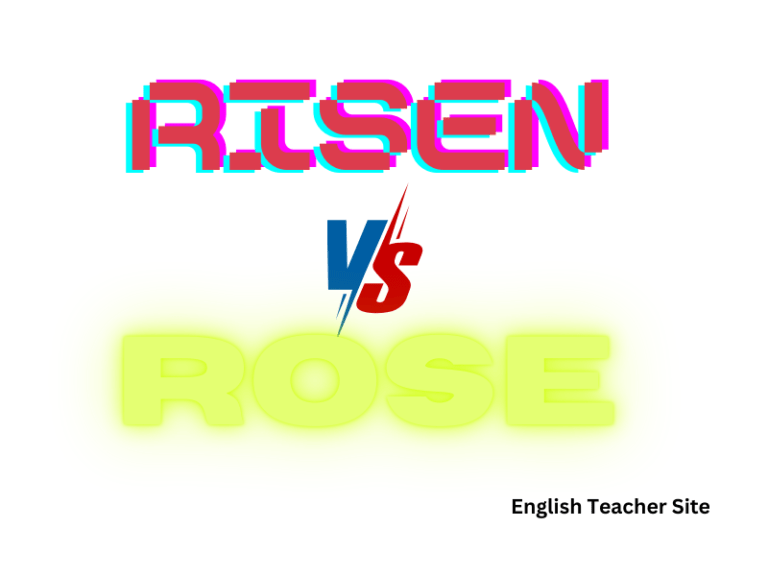Is It Bet or Betted: Unveiling the Past Tense of “Bet”

- “Bet” is an irregular verb that maintains its base form when used in the past tense.
- The past tense and past participle form of “bet” is identical to its present form.
- The variant “betted” is archaic and rarely used in contemporary English.
The answer is rooted in the rules governing irregular English verbs. Unlike regular verbs, irregular ones often change form entirely or remain the same in the past tense. The verb “bet” aligns with the latter; its past tense is simply “bet,” mirroring its present tense. This remains true for both past tense and past participle usage, making it one of the simpler irregular verbs to master. Variations such as “betted” do exist, yet they are considered archaic and are seldom used in modern English.
Understanding ‘Bet’ as a Verb
The verb ‘bet’ is a term often associated with gambling and prediction. This section will focus on its grammatical properties, exploring its base form and use as an infinitive, its classification as regular or irregular, and its application in the present tense.
Base Form and Infinitives
Base Form: The base form of ‘bet’ serves as the dictionary entry of the verb and is used as the present simple tense for all subjects except third-person singular.
- Infinitive form: Using ‘to’ before the base form, the infinitive structure becomes ‘to bet.’ Infinitives are used after many verbs, adjectives, and nouns or to express purpose.
Regular Versus Irregular Verbs
- Regular Verbs typically add ‘-ed’ to form the past tense.
- Irregular Verb: ‘Bet’ is categorized as an irregular verb. It does not follow the conventional pattern of regular verbs in the past tense formation and instead retains the base form ‘bet’ for the past tense and past participle forms.
Examples of bet in the present tense
Present tense usage of ‘bet’ remains the same across subjects:
- “I bet on the game.”
- “She bets on the outcome.”
- “They bet on their favorite team regularly.”
While ‘betted‘ occasionally appears as a past form, the most reliable and standard usage remains ‘bet‘ in the simple past and past participle forms, aligning with the consensus from reputable grammar sources like GrammarFlex and Grammar Wiki.
The Past Tense of ‘Bet’
Understanding the correct usage of the word ‘bet’ in the past tense forms can often lead to confusion. The word operates uniquely, in that both its simple past tense and past participle form are the same. Here, distinctions such as ‘betted’ can be considered, and context-specific usage is demonstrated through examples.
Simple Past Tense
The simple past tense of ‘bet’ retains the base form. Contrary to some verbs that require an ‘-ed’ ending, ‘bet’ remains unchanged. It is used to express an action that was completed in the past.
- Example: “Yesterday, she bet $50 on the game.”
Past Participle Form
In English grammar, the past participle is used with perfect tenses and sometimes as an adjective. For ‘bet’, the past participle form is identical to the simple past tense.
- Example: “He has already bet a significant amount.”
Examples of the participle bet
The participle ‘bet’ can be employed in various sentences to represent a completed action. Here are representative examples:
- Present Perfect: “They have bet on the winning horse before.”
- Past Perfect: “By the time the race started, she had bet all her savings.”
Examples of bet in the past tense
Using ‘bet’ in the simple past tense is straightforward as it does not change from its base form. Here are appropriate examples:
- “He bet on the wrong team last week.”
- “They bet that the show would end differently.”
Synonyms, Phrases and idioms with bet
Alternate expressions and idioms utilizing ‘bet’ often convey certainty or the act of risking something on an outcome.
- Synonyms: wager, stake, gamble
- Idioms: “You can bet your bottom dollar.”
- Phrases: “to bet the farm,” implying a risky investment
In conclusion, ‘bet’ maintains its form across both the simple past and past participle forms. This simplicity provides clarity and ease of use within the English language. Whether used in idiomatic expressions or straightforward gambling contexts, ‘bet’ remains consistently structured.
Verb Tense Variations
Understanding the variations in verb tenses for the word “bet” is essential for correct usage in speech and writing. Different tenses are used to indicate the time of an action or event.
Present Tense Forms
In the present tense, “bet” remains unchanged; it is one of those rare verbs that keep the same form for the base verb and past forms. Examples:
- She bets on the outcome of the game.
- They bet every Saturday.
Perfect Tense Forms
The perfect tenses involve the past participle “bet.” Whether it’s past perfect, present perfect, or future perfect, the participle does not change. Examples:
- Past Perfect: She had bet on the winning horse.
- Present Perfect: They have bet on games all season.
- Future Perfect: By next year, he will have bet on several championships.
Future Tense Forms
Moving to the future tense, “will bet” is used. There’s no change in the verb for future perfect continuous tense as well. Examples:
- She will bet on the next match.
- They will have been betting for three years by next month.
Usage in Different Contexts
The past tense of “bet” can either be “bet” or “betted,” though the form “bet” is more commonly used and considered standard. The choice of form often depends on the context of the sentence—whether it’s formal writing or everyday conversation.
Grammatical Examples
In a grammatical sense, “bet” functions as both the simple past tense and past participle form in standard English. To illustrate this:
- Simple Past Tense: He bet on the wrong horse.
- Past Participle: She had bet all her savings on that investment.
The alternative “betted” is recognized, but less commonly used. It may appear more frequently in historical or certain dialectal forms of English.
Conversational Context
When in everyday conversation, people tend to use the shortest, most convenient form, which is “bet.” Example sentences may include idiomatic expressions such as:
- Present Tense: He always bets on the underdog.
- Past Tense: They bet on the game last night.
- Future Tense: She will bet on the outcome tomorrow.
The use of “bet” over “betted” is preferred in casual speech to maintain fluency and because “betted” can sound formal or outdated.
Common Verb Comparisons
Understanding the past tense of verbs can be challenging due to the presence of both irregular and regular forms in English. This section offers a comparison between similar irregular verbs and their contrast with regular verbs.
Similar Irregular Verbs
Irregular verbs deviate from the standard patterns of conjugation. They do not follow the simple rule of adding “-ed” to form the past tense. Bet is one example, and it becomes “bet” in the past tense. This is similar to verbs like cut, where the past form also remains “cut”. Other common irregular verbs include:
- Go: Past tense is “went”
- Come: Past tense is “came”
- See: Past tense is “saw”
- Give: Past tense is “gave”
- Become: Past tense is “became”
These irregularities are seen across a variety of commonly used verbs.
Contrast with Regular Verbs
In contrast, regular verbs follow a predictable pattern, typically adding “-ed” or “-d” to the base form. This is seen in verbs like play, which becomes “played”, or ask, which becomes “asked”. Here’s how the regular verbs listed compare:
| Base Form | Past Tense |
|---|---|
| Say | said |
| Get | got |
| Think | thought |
| Know | knew |
It should be noted that “said”, “got”, “thought”, and “knew” are actually irregular past forms, which demonstrates how commonly irregular verbs can appear in the guise of regularity. Regular verbs remain consistent, making them easier to learn and use correctly.
Verb Forms and Pronunciation
Understanding the verb forms and pronunciation of “bet” is essential for proper usage in different grammatical scenarios.
Present Participle and Gerund
The present participle and gerund form of “bet” is “betting.” This form is used in continuous tenses and as a noun.
- Present participle in a sentence: She is betting on the final outcome of the game.
- As a gerund: Betting can be an addictive activity.
Pronunciation of Verb Forms
The pronunciation of “bet” across its various forms remains consistent, pronounced as /bɛt/. The regularity in pronunciation is simple given the fact that “bet” is a one-syllable word, making the phonetic realization straightforward in both the present and past tenses, as well as in its present participle and gerund form “betting.”
- “Bet”: /bɛt/
- “Betting”: /ˈbɛtɪŋ/
Teaching the Verb ‘Bet’
The irregular verb ‘bet’ poses unique challenges in both learning and teaching due to its unconventional conjugation. This section provides focused resources and guidance to effectively navigate these challenges in educational settings.
Resources for Students
Students often seek clarity on the past tense of the verb ‘bet.’ It is important to note that ‘bet’ is one of the few English verbs that maintain the same form for the present, past, and past participle; thus, the correct past tense is ‘bet,’ not ‘betted.’ Students can utilize various online platforms for practice, which provide comprehensive lists of irregular verbs and interactive exercises. Traditional worksheets, available from language websites, offer structured practice that involves filling in sentences with the correct verb forms. To reinforce understanding, students should review multiple examples of ‘bet’ used in sentences across different tenses.
Guidance for Teachers
Teachers play a critical role in demystifying the correct usage of ‘bet’ for learners. It’s advisable to include direct instruction on irregular verbs like ‘bet’ as part of the English grammar curriculum. Teachers can create lesson plans that emphasize both the simplicity and the exceptions of irregular verb patterns, incorporating a variety of methods such as:
- Flashcards: Featuring the verb ‘bet’ in various tenses.
- Group Activities: In which students formulate and share sentences using ‘bet’ correctly.
- Quizzes: To assess comprehension regularly, ensuring retention.
Providing tangible examples and creating a consistent review routine will fortify students’ grasp of irregular verbs like ‘bet.’ Teachers should also encourage reading materials that include authentic dialogue, as they offer natural instances of irregular verbs in use. For further reference, teachers can direct students to authoritative grammar repositories offering detailed explanations and additional practice on the verb ‘bet.’
Auxiliary Verbs with ‘Bet’
When constructing various tenses in English, auxiliary verbs are necessary. Particularly with ‘bet,’ the auxiliaries ‘have’ and ‘be’ become instrumental in forming the perfect and continuous tenses.
Utilization of ‘Have’ and ‘Be’
Auxiliary verbs ‘have’ and ‘be’ are employed to construct compound tenses with the verb ‘bet.’ ‘Have’ is used with ‘bet’ to form perfect tenses:
- Present Perfect: He has bet on the winning horse.
- Past Perfect: She had bet on the outcome before it was announced.
- Future Perfect: They will have bet by the end of the day.
The verb ‘be’ is essential when forming continuous tenses, though it is less common with ‘bet’ due to its stative nature:
- Present Continuous: She is betting on a different strategy this time.
- Past Continuous: They were betting on different teams yesterday.
- Future Continuous: He will be betting at the casino tonight.
Perfect Continuous Tenses
Perfect continuous tenses showcase an action that has been ongoing and relates to a specific time. While not typically used with ‘bet,’ here is how it would look with auxiliary verbs:
- Present Perfect Continuous: She has been betting for three hours.
- Past Perfect Continuous: He had been betting for a while before he finally won.
- Future Perfect Continuous: They will have been betting for two hours by the time it ends.
These tenses combine the auxiliary verbs ‘have’ and ‘be’ with the present participle form ‘betting.’ Remember, ‘bet’ can also serve as its own past participle without changing form.
Forming Questions and Negatives
In the English language, forming questions and negatives with verbs like “bet” follows specific rules. The verb “bet” retains its base form in both contexts, but the sentence structure shifts to accommodate interrogative or negative meanings.
Using ‘Bet’ in Questions
When forming questions with the verb “bet”, the base form is used with the appropriate auxiliary verb. For example:
- For present simple questions, one would use “Do” or “Does”:
Do they bet on games every weekend?
Does she bet on the outcome? - For past simple questions, “Did” is the appropriate auxiliary verb:
Did he bet on the right horse?
The question form in English usually follows the structure of auxiliary verb + subject + base verb.
Negative Sentences with ‘Bet’
To construct negative sentences with “bet”, include “do not” or “did not” before the verb, depending on the tense:
- Present negative sentences use “do not” (don’t) or “does not” (doesn’t):
She doesn’t bet on games anymore.
They don’t bet when the odds are low. - Past negative sentences include “did not” (didn’t) for all subjects:
He didn’t bet on the game last night.
In imperative sentences, the base form “bet” is used to give commands or requests, and the negative is formed by adding “do not” (don’t) before the verb:
- Don’t bet more than you can afford to lose.
The infinitive form, “to bet”, can also be employed in negative sentences:
- It’s crucial not to bet on uncertain outcomes.
Source
My name is Khamis Maiouf. I am the creator of the English Teacher Site, dedicated to providing valuable resources and insights for students around the world. With a passion for education and a commitment to helping students enhance their skills, I aim to make English teaching more effective and enjoyable for both educators and students.






